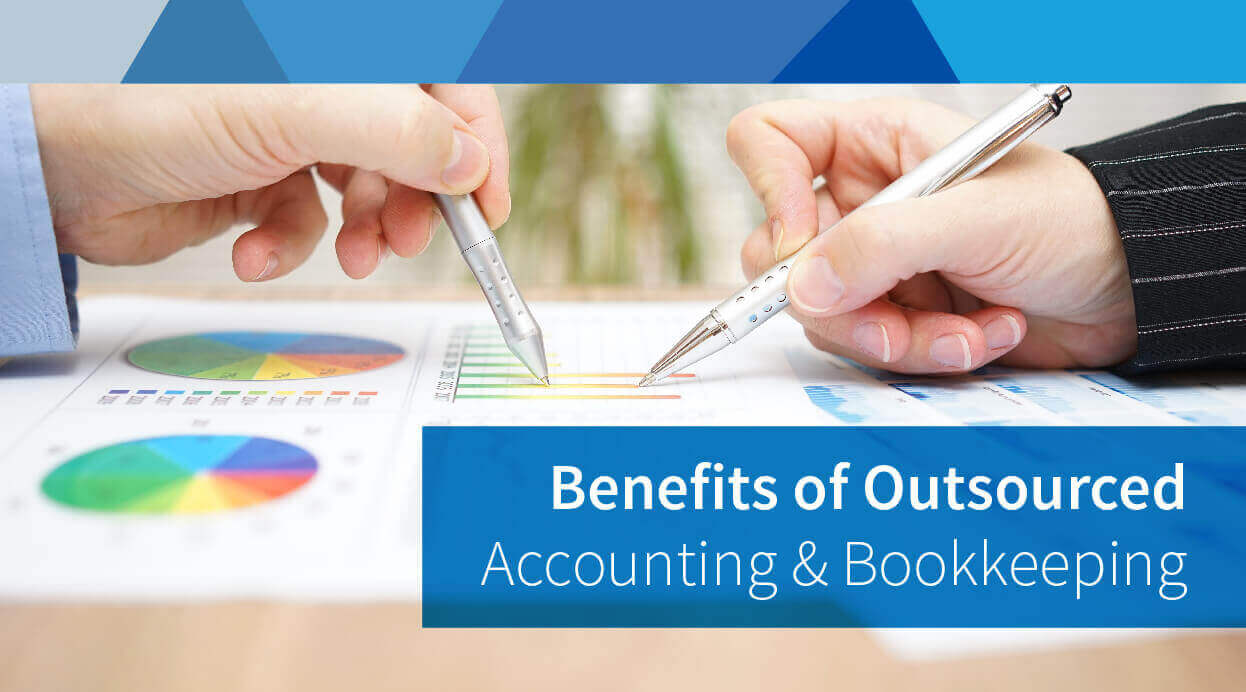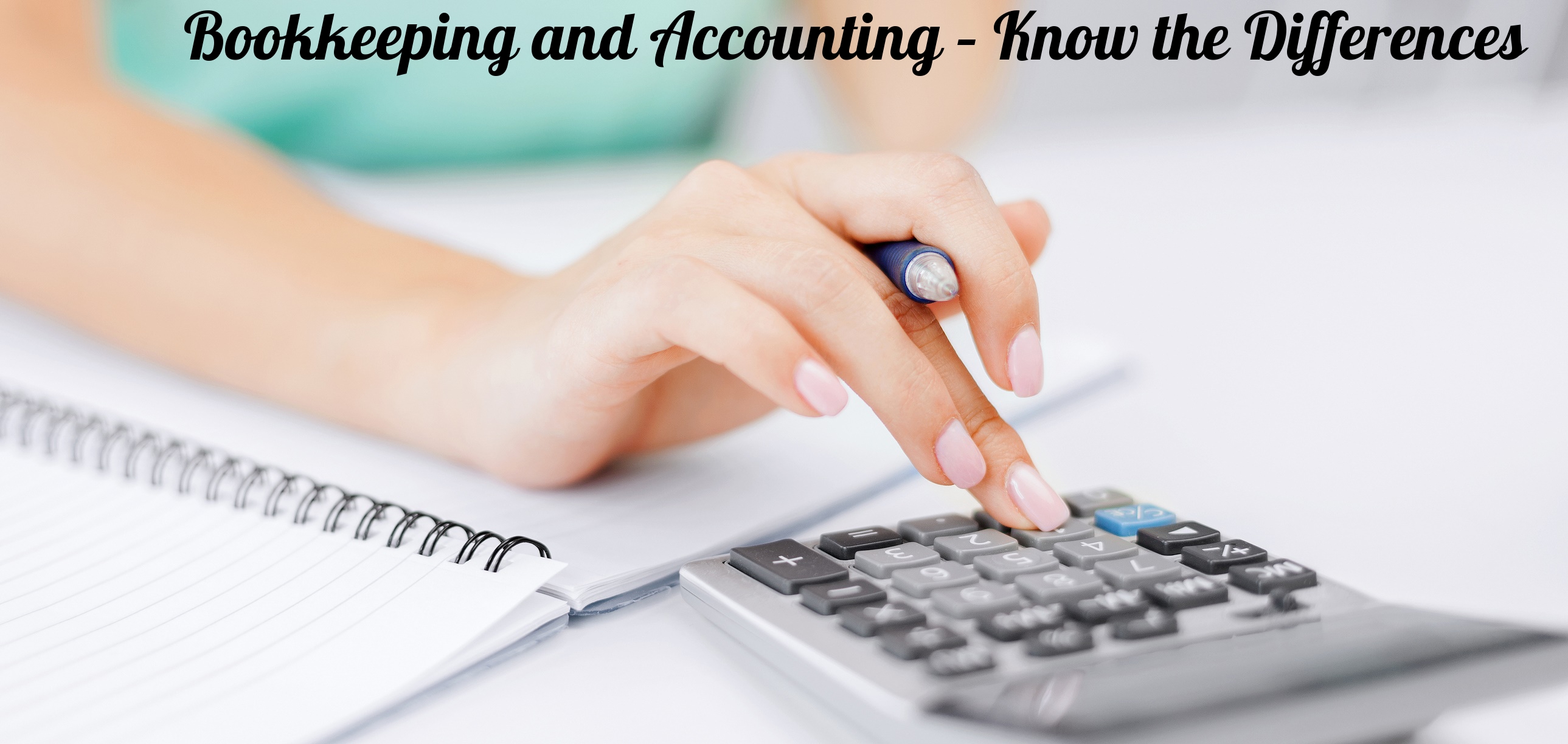Here’s Why Outsourced Bookkeeping Services are Long Term Partners of Small Businesses in London

Most of the small businesses and startups keep doing everything by themselves – sales, marketing, HR, IT and sometimes they manage their own books as well. This constant juggling between the different roles results in unnecessary tiredness; thereby losing focus on the core business activities. As the business owners keep stretching themselves thinner and thinner, at one point of time, they decide to offload as many responsibilities as they can in an attempt to cope with the necessary business activities.
If you are a small business owner or a start up in the UK, then you might be aware about this common mistake. Figure out what’s necessary for the growth of your business – list out the tasks that you need to carry out and list out the task that can be outsourced. Outsourcing is an economical option not only small and medium sized businesses, but most of the established brands across the globe also benefit themselves from this.
Outsourced bookkeeping and accountancy services are helping countless business across the globe and serve them as their long-term partner. Here are some reasons, why outsourced bookkeeping services are considered as the long-term partners of small business in London and across the UK, and they are;
From Recording Transactions to Financial Reporting and Forecasting
In simple to understand words, a bookkeeper is the one who maintains a company’s financial transactions at sequential intervals – every day, in most cases. The definition of a bookkeeper is quite simple, but the task and responsibility associated with the job is much more complex. Depending on the nature of the business, maintaining the company’s financial reporting can be time-consuming and complicated, and it has to be accurate and up-to-date.
Many startups, small and medium-sized businesses understand that keeping the records of all the money that’s coming into and going out of their business on a daily basis — and reconciling those figures at weekly, monthly, quarterly and yearly intervals is not their cup of tea. It is a job of a full time professional, and this is the reason why most of the businesses in their growing stages tend to choose outsourced bookkeeping services. Modern day bookkeeping solutions make use of the latest technologies (including the cloud) to offload the business owners as well as to offer them an accurate insight on their financial status.
Working with Your In-house Resource for an Efficient Process
Here’s one more reason for small businesses across the UK to go for outsourced bookkeeping services. During the tax seasons, when it becomes tough for you and your in-house bookkeeper to prepare and submit the tax, the outsourced bookkeeping services come to the rescue and offer the much needed helping hands. Thereby saving you from unnecessary stress. Not only experienced bookkeepers, but outsourced accounting firms have teams of proficient accountants to help you during the Tax Season.
Gaining Real-Time Financial Insight
Here’s the third and one of the most important points. An outsourced bookkeeping services provider allows you to track the key performance indicators (KPIs) of your business. That’s a great way for business leaders to gain new insights into their company’s financial health.
Outsourced bookkeeping services offer you access to all sorts of high-level expertise – from input on how to make the tax laws work in your favor to advice on improving your profit margins.
Hence, to conclude, outsourced bookkeeping services not only save you time and money, but it also offers a level of service and professionalism far beyond what you could attain by doing everything yourself.
Outsourced Bookkeeping Firm in London
If you want to know more about outsourced bookkeeping services, how it works, how it can benefit your business and how it can increase your profit margin, then feel free to contact us at Affinity Associates. You can email us your questions / queries at info@affinityassociates.com or dial +44 20 8903 2077 (London) to talk to our experts. We offer free consultation and quote as well.

 explore the ultimate guide to finding the perfect accountant for your small business. Get expert advice and tips for financial success.
explore the ultimate guide to finding the perfect accountant for your small business. Get expert advice and tips for financial success.

